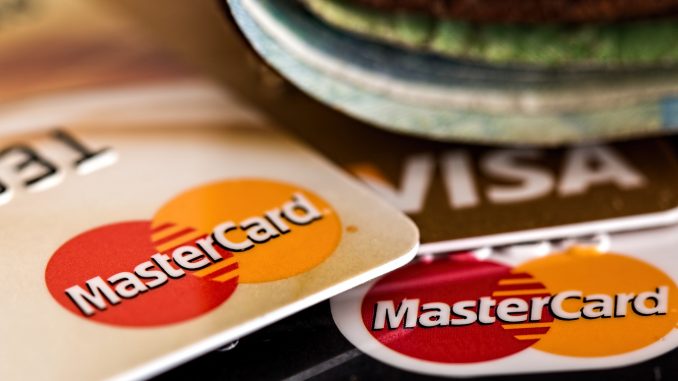
A recent report by Packaged Facts has shown that consumer credit card spending has increased by 7% in the last five years.
But, with credit card balances continuing to increase and fears over consumers not being able to pay back their debts growing, is this a bad sign? Or are there other reasons for higher spending?
The authors of the report suggest that this may not be a negative sign. They say that it’s common for credit card use to go up in economically stable times. And with there being steady economic growth and a stable job market in the last few years, the pool of potential credit card customers has become larger.
There’s been a lot more growth in credit card use in lower-income households. The report says, “Most notably, adults with an annual household income of $75,000 or more are more than twice as likely as those earning less than $30,000 a year to say they do not make any purchases using cash in a typical week (41% vs. 18%).”
“Conversely, lower-income Americans are about four times as likely as higher-income Americans to say they make all or almost all of their purchases using cash (29% vs. 7%).”
In addition, it could be that consumers feeling more confident in the economy could be encouraging them to spend more money, whereas they may have been more cautious otherwise.
Another potential factor in this is the growth of the e-commerce market. Right now, this area is taking a larger market share in the retail industry than ever before, and lots of consumers prefer to use credit cards when using online retailers.
The report also found that consumers seem to prefer general-purpose credit cards rather than private-label cards. Private-label cards are store-branded, so they can only be used in a specific store. These are managed by a finance company and are common with large department stores.
With recent trends leaning towards a more cashless society, it could simply be that credit cards are becoming more mainstream. The number of consumers frequently using cash is declining fast. So, maybe credit cards are the future.


Leave a Reply